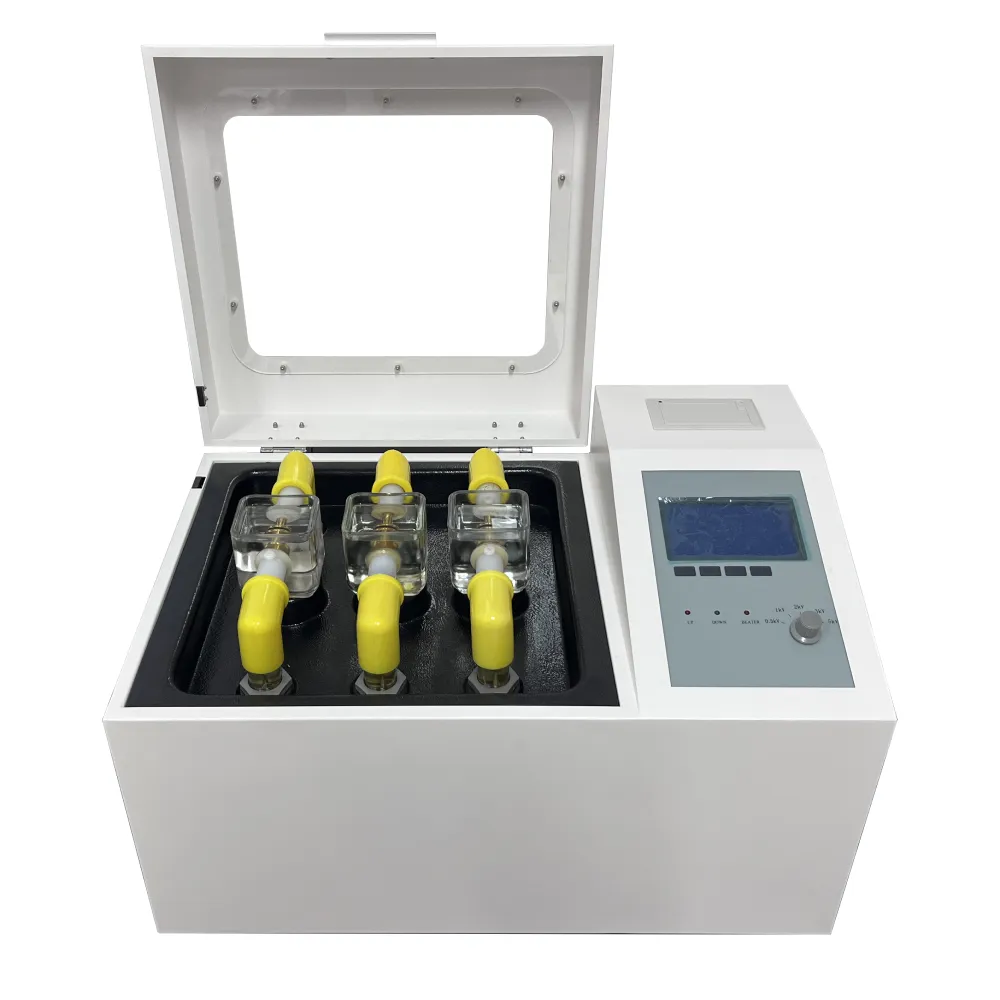 English
English



-
 Afrikaans
Afrikaans -
 Albanian
Albanian -
 Amharic
Amharic -
 Arabic
Arabic -
 Armenian
Armenian -
 Azerbaijani
Azerbaijani -
 Basque
Basque -
 Belarusian
Belarusian -
 Bengali
Bengali -
 Bosnian
Bosnian -
 Bulgarian
Bulgarian -
 Catalan
Catalan -
 Cebuano
Cebuano -
 China
China -
 China (Taiwan)
China (Taiwan) -
 Corsican
Corsican -
 Croatian
Croatian -
 Czech
Czech -
 Danish
Danish -
 Dutch
Dutch -
 English
English -
 Esperanto
Esperanto -
 Estonian
Estonian -
 Finnish
Finnish -
 French
French -
 Frisian
Frisian -
 Galician
Galician -
 Georgian
Georgian -
 German
German -
 Greek
Greek -
 Gujarati
Gujarati -
 Haitian Creole
Haitian Creole -
 hausa
hausa -
 hawaiian
hawaiian -
 Hebrew
Hebrew -
 Hindi
Hindi -
 Miao
Miao -
 Hungarian
Hungarian -
 Icelandic
Icelandic -
 igbo
igbo -
 Indonesian
Indonesian -
 irish
irish -
 Italian
Italian -
 Japanese
Japanese -
 Javanese
Javanese -
 Kannada
Kannada -
 kazakh
kazakh -
 Khmer
Khmer -
 Rwandese
Rwandese -
 Korean
Korean -
 Kurdish
Kurdish -
 Kyrgyz
Kyrgyz -
 Lao
Lao -
 Latin
Latin -
 Latvian
Latvian -
 Lithuanian
Lithuanian -
 Luxembourgish
Luxembourgish -
 Macedonian
Macedonian -
 Malgashi
Malgashi -
 Malay
Malay -
 Malayalam
Malayalam -
 Maltese
Maltese -
 Maori
Maori -
 Marathi
Marathi -
 Mongolian
Mongolian -
 Myanmar
Myanmar -
 Nepali
Nepali -
 Norwegian
Norwegian -
 Norwegian
Norwegian -
 Occitan
Occitan -
 Pashto
Pashto -
 Persian
Persian -
 Polish
Polish -
 Portuguese
Portuguese -
 Punjabi
Punjabi -
 Romanian
Romanian -
 Russian
Russian -
 Samoan
Samoan -
 Scottish Gaelic
Scottish Gaelic -
 Serbian
Serbian -
 Sesotho
Sesotho -
 Shona
Shona -
 Sindhi
Sindhi -
 Sinhala
Sinhala -
 Slovak
Slovak -
 Slovenian
Slovenian -
 Somali
Somali -
 Spanish
Spanish -
 Sundanese
Sundanese -
 Swahili
Swahili -
 Swedish
Swedish -
 Tagalog
Tagalog -
 Tajik
Tajik -
 Tamil
Tamil -
 Tatar
Tatar -
 Telugu
Telugu -
 Thai
Thai -
 Turkish
Turkish -
 Turkmen
Turkmen -
 Ukrainian
Ukrainian -
 Urdu
Urdu -
 Uighur
Uighur -
 Uzbek
Uzbek -
 Vietnamese
Vietnamese -
 Welsh
Welsh -
 Bantu
Bantu -
 Yiddish
Yiddish -
 Yoruba
Yoruba -
 Zulu
Zulu
gas chromatography liquid chromatography
Gas Chromatography vs. Liquid Chromatography A Comparative Analysis
In the realm of analytical chemistry, chromatography stands as a pivotal technique used for separating and analyzing compounds in a mixture. Among the various forms of chromatography, gas chromatography (GC) and liquid chromatography (LC) are two of the most widely employed methods. Both techniques have unique advantages, disadvantages, and applications, making them suitable for different scenarios. This article compares gas chromatography and liquid chromatography to highlight their roles in scientific research and industry.
Fundamental Principles
Gas chromatography operates on the principle of vaporization. It is primarily used for the analysis of volatile compounds, relying on a mobile gas phase to carry the sample through a stationary phase, typically in the form of a coated column. The sample vaporizes, and as it travels through the column, it interacts with the stationary phase, allowing for separation based on the different affinities of compounds for the stationary phase.
On the other hand, liquid chromatography functions similarly but uses a liquid as the mobile phase. The sample mixture is dissolved in a solvent and pumped through a column filled with a stationary phase, which can be non-polar or polar depending on the specific type of LC used (e.g., reverse phase, normal phase). The partitioning of compounds between the stationary and mobile phases leads to their separation.
Applications
Gas chromatography is particularly advantageous when dealing with volatile organic compounds (VOCs), such as hydrocarbons, alcohols, and other light molecules. It is widely used in environmental analysis for detecting pollutants, in petrochemical industries for profile analysis of components in fuels, and in the food industry for aroma compound analysis. The high sensitivity and speed of GC make it ideal for these applications.
gas chromatography liquid chromatography

Conversely, liquid chromatography excels in analyzing larger, less volatile, or thermally unstable compounds, such as proteins, nucleic acids, and complex pharmaceuticals. Techniques like high-performance liquid chromatography (HPLC) are frequently used in biochemistry and pharmaceutical research due to their ability to handle a wide range of sample types and concentrations.
Sensitivity and Resolution
While both techniques are highly effective, they differ in sensitivity and resolution capabilities. Gas chromatography generally offers greater sensitivity for lighter and volatile compounds due to its lower detection limits and higher peak resolution. However, the need for sample vaporization can be a limiting factor for heavier, more polar components, as these compounds may not be easily analyzed.
Liquid chromatography, particularly with advancements like ultra-high-performance liquid chromatography (UHPLC), has significantly improved speed and resolution. LC can effectively separate compounds that are sensitive to heat or are non-volatile, making it indispensable in the analysis of such substances. However, it may have higher limits of detection compared to GC for certain compounds.
Conclusion
In summary, gas chromatography and liquid chromatography are two essential techniques in the field of analytical chemistry, each with its strengths and limitations. Gas chromatography is unparalleled for analyzing volatile compounds due to its sensitivity and speed, while liquid chromatography is essential for complex, non-volatile mixtures. The choice between GC and LC depends largely on the nature of the sample being analyzed and the specific analytical requirements. Understanding these differences allows chemists and researchers to select the most appropriate method for their analytical needs, further advancing the fields of science and industry.
-
Using Distillation Range Testers in the Food and Beverage IndustryNewsApr.16,2025
-
The Impact of IoT on Distillation Range Tester PerformanceNewsApr.16,2025
-
The Best Distillation Range Testers for Extreme ConditionsNewsApr.16,2025
-
How Distillation Range Testers Save Time and MoneyNewsApr.16,2025
-
Distillation Devices for Advanced Separation TechniquesNewsApr.16,2025
-
Common Mistakes to Avoid When Using a Distillation Range TesterNewsApr.16,2025



